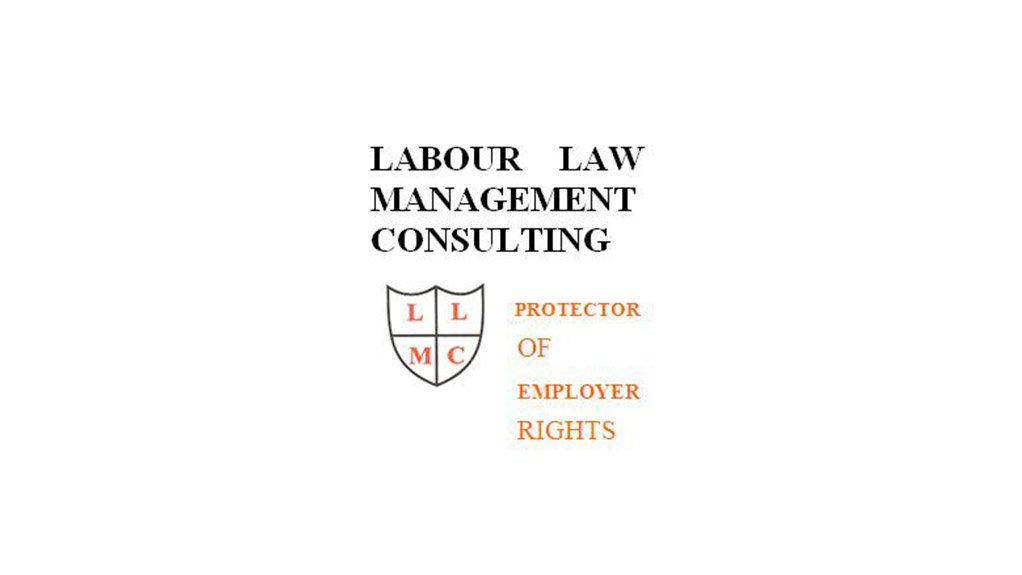While the Labour Relations Act (LRA) and labour-related common law provide heavy protections for employee rights, the law provides very little protection for employers. In fact, labour law gives employers far more legal responsibilities than rights. The sentiment of the legislators and of the arbiters who implement the law is that employers are much more powerful than employees, and that therefore, the law must protect these vulnerable employees.
Amongst these protections is the employee’s right to swift justice. The CCMA and the Labour Courts place a great deal of responsibility on employers to ensure that employees are treated fairly, that documents needed by employees to defend themselves against disciplinary charges are made available and that discipline is not unnecessarily delayed.
An employer that fails to discipline employees timeously can be found to be waiving its right to discipline the employee, to be diluting the seriousness of the offence and to be prejudicing the accused employee’s right to access to evidence lost over time. That is, as a result of unnecessary delays workplace witnesses might leave the employer or might forget what exactly happened. Also, evidentiary documents and video evidence can get lost over time. This can result in a serious weakening of the employer’s case at arbitration.
In the case of Sepheka vs Department of Home Affairs (Lex Info 19 March 2025. Labour Court case number JR1837/20) the employee was fired for irregularities in processing passport applications. The General Public Service Bargaining Council arbitrator found that the dismissal was fair.
On review the Labour Court found that the arbitrator had erred so seriously that it rendered the award fatally flawed. This was partly because the arbitrator had not taken into account the employer’s 2-year delay in charging the employee. The employer provided no evidence explaining this inordinate delay which had resulted in evidence that the employee needed going missing. The Court found that, in this case, the dismissal had been unfair because justice delayed was justice denied and because it had been unreasonable for the employer to institute a disciplinary hearing so long after the incidents had occurred.
The employer’s slowness in charging the employee and the fact that it had allowed evidentiary documents to go missing in the interim constituted a type of negligence on the part of the employer’s management. The result was that the employer had been required to deploy its management and its funds in fighting the arbitration case and the Labour Court case.
Such costly errors can be avoided if management is trained in understanding the law relating to employee discipline, to the principles of justice and to conservation of evidence. Management also needs to understand the extent to which South African labour law favours employees.
The innovative video series WALKING THE LABOUR LAW TIGHTROPE assists employers to provide their managers with very inexpensive training that allows the managers to achieve necessary knowhow at times suitable to their very busy schedules. Its 48 chapters, averaging 10 minutes in length each, can easily be watched at junctures when the manager has time. This greatly informative yet very engaging and practical video series provides crucial and user-friendly learning through the use of a stimulating, animated case study that runs throughout the 48-chapter series. Each chapter contains clear and important advice needed by workplace management on the basics of labour law over a very wide range of topics.
A further advantage is that the manager can, for a full year, easily go back to any of the 48 videos for purposes of refresher training or in order to access information on how to deal with a current workplace issue. This solves the problem of managers forgetting what they have learned.
This video series helps management to walk the shaky labour law tightrope and to run the workplace productively without falling into the labour law abyss.
Written by Ivan Israelstam, Chief Executive of Labour Law Management Consulting. He may be contacted on (011) 888-7944 or 0828522973 or on e-mail address: ivan@labourlawadvice.co.za. Go to: www.labourlawadvice.co.za
To access our groundbreaking video series: WALKING THE NEW LABOUR LAW TIGHTROPE please go to www.labourlawvideos.co.za or contact Ivan on ivan@labourlawadvice.co.za
EMAIL THIS ARTICLE SAVE THIS ARTICLE ARTICLE ENQUIRY FEEDBACK
To subscribe email subscriptions@creamermedia.co.za or click here
To advertise email advertising@creamermedia.co.za or click here











